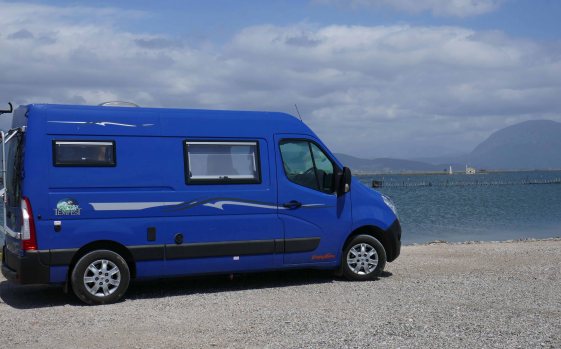
According to the National Employment Savings Trust (NEST) in the UK we have spent £6.2billion in the last five years on stuff we don’t need and rarely use. If you thought that each of these impulse purchases added another day or two to your working life would you still buy that exercise machine, that electronic soup maker or that juicer that languishes at the back of a cupboard? For me, having a goal to retire early helps to put a brake on the impulse to buy. But everyone has to work it out for themselves and there are some interesting purchases listed here that are regretted and are now languishing in someone’s attic.
Of course, if you use your juicer every day, after exercising in your spare room and filling your soup maker then these products weren’t a wasted impulse buy for you … but we all have at least one guilty secret don’t we? Even Mr BOTRA and I bought a rowing machine some years ago that was soon listed on Ebay. Our insulated cafetiere and lovely milk pan [pictured above] by contrast was a well thought out purchase [for us] as it means that we can make good coffee in our ‘van that hasn’t become tepid before it is ready to drink [thus saving money in cafes].
Psychology Today considers there are reasons why we impulse buy; it might be that we love shopping or we don’t want to miss a bargain; because we are offered three for two or we have delusions that this new thingamajig will save us time or money or make us a better person. What it comes down to is that humans often make an emotional decision about an economic activity. Psychology Today also offers techniques for avoiding impulse buying. The NEST article ends optimistically, suggesting that individuals learn from their impulse buying mistakes and all those regretted purchases are certainly the backbone of Ebay.
Mr BOTRA and I have had an expensive month [even though February is so short] and I am certainly not going to lecture anyone on their own purchasing choices. But our shopping wasn’t done impulsively. I follow a simple process to avoid wasting money; I write down what I think I want to buy [I don’t do this for groceries you understand], consider it for at least four weeks and finally decide if it is something we still need rather than want. For us, walking boots and warm winter coats have all worn out recently and we opted to buy quality replacements that make a bigger hole in the budget but will [hopefully] last longer. We have also made two recent purchases that will result in long-term savings. The first is thermal vests; as I get older I become more of a wimp that craves the sunshine and warmth of summer; comfy and cosy thermals should keep the chills at bay and the heating bills down. Secondly, after many months of deliberation, we have bought hair clippers that will save money on hair cutting and soon pay for themselves.

